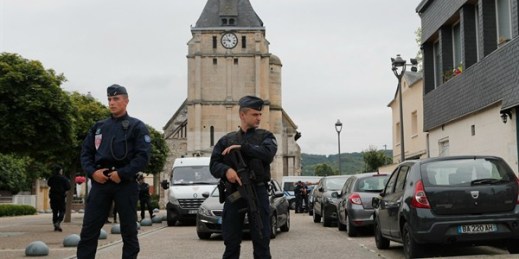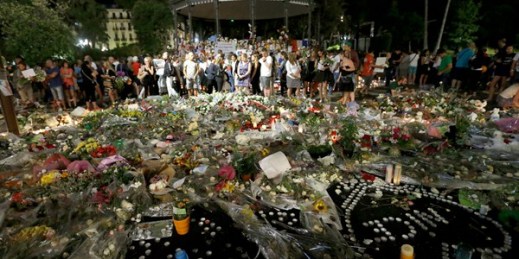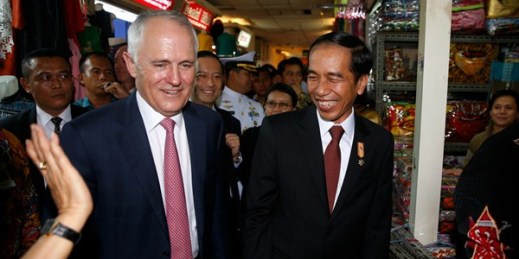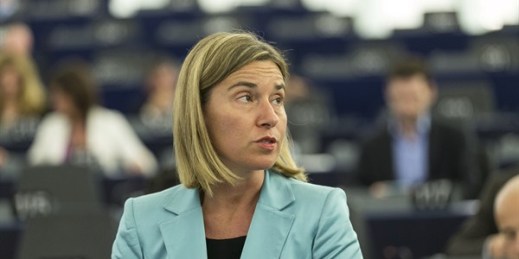
Though only a little more than half over, 2016 has already turned into a tragically bloody year of terrorism. What is concerning is not simply the extent of this violence but the ongoing mutation of terrorism into new forms. This is not unexpected. Terrorism constantly changes as the dark organizations that use it innovate. Terrorists seek to cause fear, anxiety, panic and overreaction. The unknown and unexpected amplifies fear, so once the terrorists’ intended audience adapts to a type or level of violence, they must escalate or find new methods. As is often true in strategy, what works today for […]



